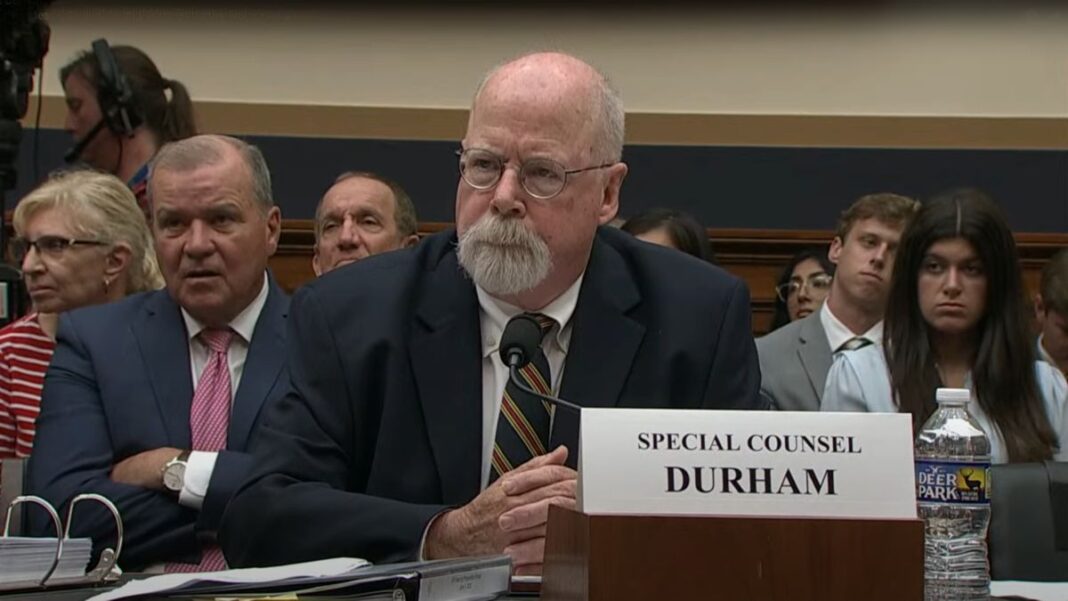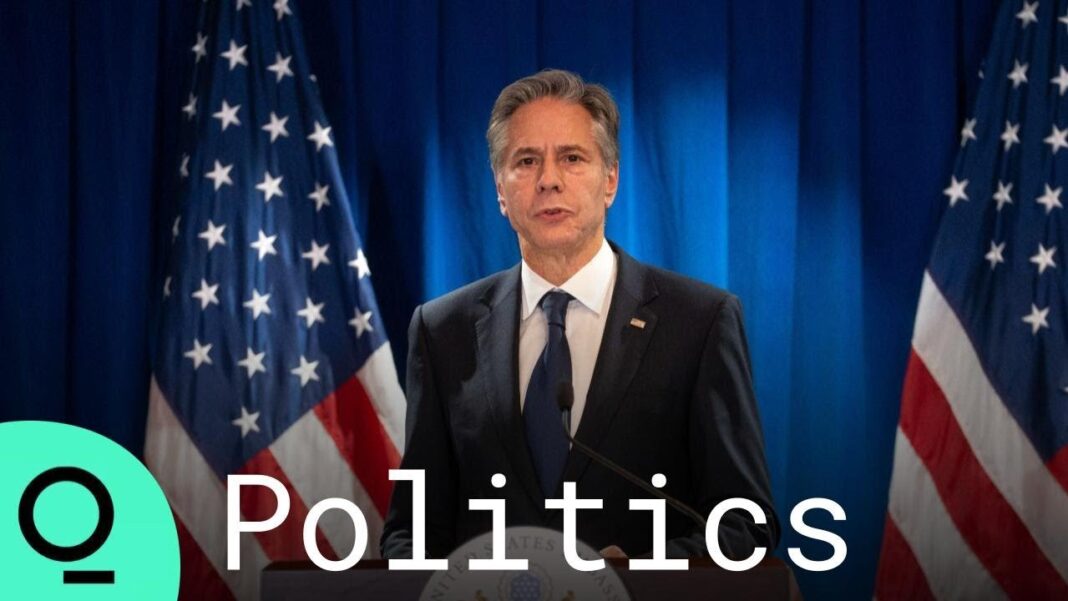The FBI shouldn’t have launched a full investigation into then-presidential candidate Donald Trump’s campaign based on unverified intelligence, special counsel John Durham said on June 21.
Within three days of receiving word from Australian officials in July 2016 that Trump campaign adviser George Papadopoulos said Trump’s team had received a suggestion from Russia that it could help release information damaging to Democrats, the FBI opted to open a full investigation, rather than take a smaller step.
“Based on our investigation, it is not a legitimate basis to open a full investigation,” Durham said on June 21, speaking for the first time publicly about a report his team compiled.
The FBI made the move despite not checking its own databases or the databases of other intelligence agencies or carrying out other actions that are typical before launching a full investigation. Agents also didn’t interview the Australian diplomats.
Had the FBI done so, it “would have learned that their own experienced Russia analysts had no information about Trump being involved with Russian leadership officials, nor were others in sensitive positions at the CIA, the NSA [National Security Agency], and the Department of State aware of such evidence concerning the subject,” Durham said in his report.
“They just immediately went to a full investigation,” he told members of Congress during a hearing on Capitol Hill.
The FBI, when asked for comment, pointed to a previous statement that said the “missteps” identified by Durham were “the reason that current FBI leadership already implemented dozens of corrective actions, which have now been in place for some time.”
Durham found that the FBI had an obligation to assess the information conveyed from Australia but said the bureau should have taken the smaller step of opening a preliminary investigation or starting an assessment.
FBI rules allow the opening of an assessment to examine claims, while a preliminary investigation can be opened on information that a federal crime or threat to national security “may be” occurring. Only after a preliminary investigation is undertaken can a full investigation be opened, provided there’s “an articulable factual basis for the investigation” that indicates the crime or threat may be occurring and that an investigation “may obtain information relating to the activity.”







